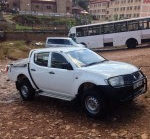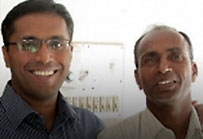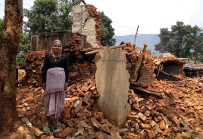One of the first lesson D.B. Hrudaya learned after coming to Christ was that leading men and women to Christ was not, in itself, enough. The key, he saw, was discipleship. And out of this realization was born Orissa Follow-Up.
OFU was begun in 1986 with eight believers. Since that inauspicious beginning more than 18,000 villagers have confessed Christ as Savior and Lord. Many of these have been Dalits, the outcasts on India. In fact, they were formerly known as untouchables. These people are despised by the classes above them and are most often treated inhumanely. In 2002, D.B. Hrudaya began a program to reach 50,000 Dalits by opening 23 schools that meet in rented or borrowed rooms. He also opened six training centers for adults. The schools are an integral part of reaching the lost Dalits – numbering 160 million, they are 16 percent of India’s population – for Christ. The higher classes, such as the Brahmins, use the illiteracy of the poor Dalits as a tool in continuing their dominance over them.
Orissa is a very Hindu-oriented state where Hrudaya and other Christian workers often meet stiff resistance. It was here in 1999 that Australian missionary Graham Staines and his two sons were burned alive in their car by a Hindu mob. Like Staines, Hrudaya has great compassion for the poor. This is evidenced by the schools and training centers operated by OFU.
Orissa Follow-Up has seen its share of miracles over the years. One new Christian wanted to attend an OFU prayer meeting in a distant village, and asked her mother if she would loan her 250 rupees to make the trip. Her mother, however, was unable to come up with the needed money. “The whole day I cried unto God,” the girl later reported, “and I found 300 rupees under my pillow that night. I was stunned. I ran to show this to my family and they thanked God with me. . . and at last I got the opportunity to attend the meeting.”
Today, OFU continues to impact lives in India. One hundred churches and twice as many home fellowships have been planted among numerous tribes. OFU also operates a school to train missionary workers. More than 300 workers have been sent out into the field. And OFU’s Bible correspondence courses have been sent to more than 150,000 people.
Please keep Hrudaya and Orissa Follow-Up in your prayers as he and the ministry workers share the life-giving gospel of Jesus Christ with the poor outcasts of Orissa. To support the ministry work of OFU click here.
You can support their efforts today.


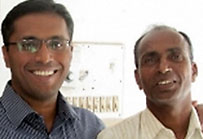 Having lost six children, one after the other, Vela was desperate for help. He tried every kind of worship,went to the witch doctors, but nothing was happening. And then his uncle died. These continuous deaths in his home rattled him and he thought that it would be better to end his life. But the thought of his tired wife and the hardships that she would have to face, forced him to stay alive.
Having lost six children, one after the other, Vela was desperate for help. He tried every kind of worship,went to the witch doctors, but nothing was happening. And then his uncle died. These continuous deaths in his home rattled him and he thought that it would be better to end his life. But the thought of his tired wife and the hardships that she would have to face, forced him to stay alive.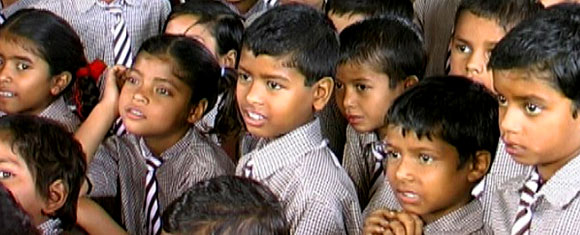
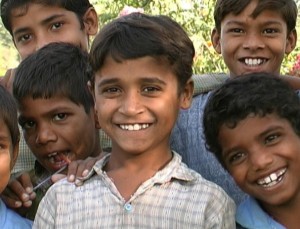 Compared to the general population, the progress of schooling among tribal children in India up to this point has been poor. Some parents do not see the value of education their children, especially if they did not have the benefit of schooling themselves. With 80% of these tribal groups living below the poverty line, many parents need the income their children can earn by working alongside them in the fields or in factories. Those children who are fortunate enough to attend school may do so under a cloud of discrimination, made to sit in the back of the classroom, taunted by their peers, or even assaulted by higher caste children.
Compared to the general population, the progress of schooling among tribal children in India up to this point has been poor. Some parents do not see the value of education their children, especially if they did not have the benefit of schooling themselves. With 80% of these tribal groups living below the poverty line, many parents need the income their children can earn by working alongside them in the fields or in factories. Those children who are fortunate enough to attend school may do so under a cloud of discrimination, made to sit in the back of the classroom, taunted by their peers, or even assaulted by higher caste children.



